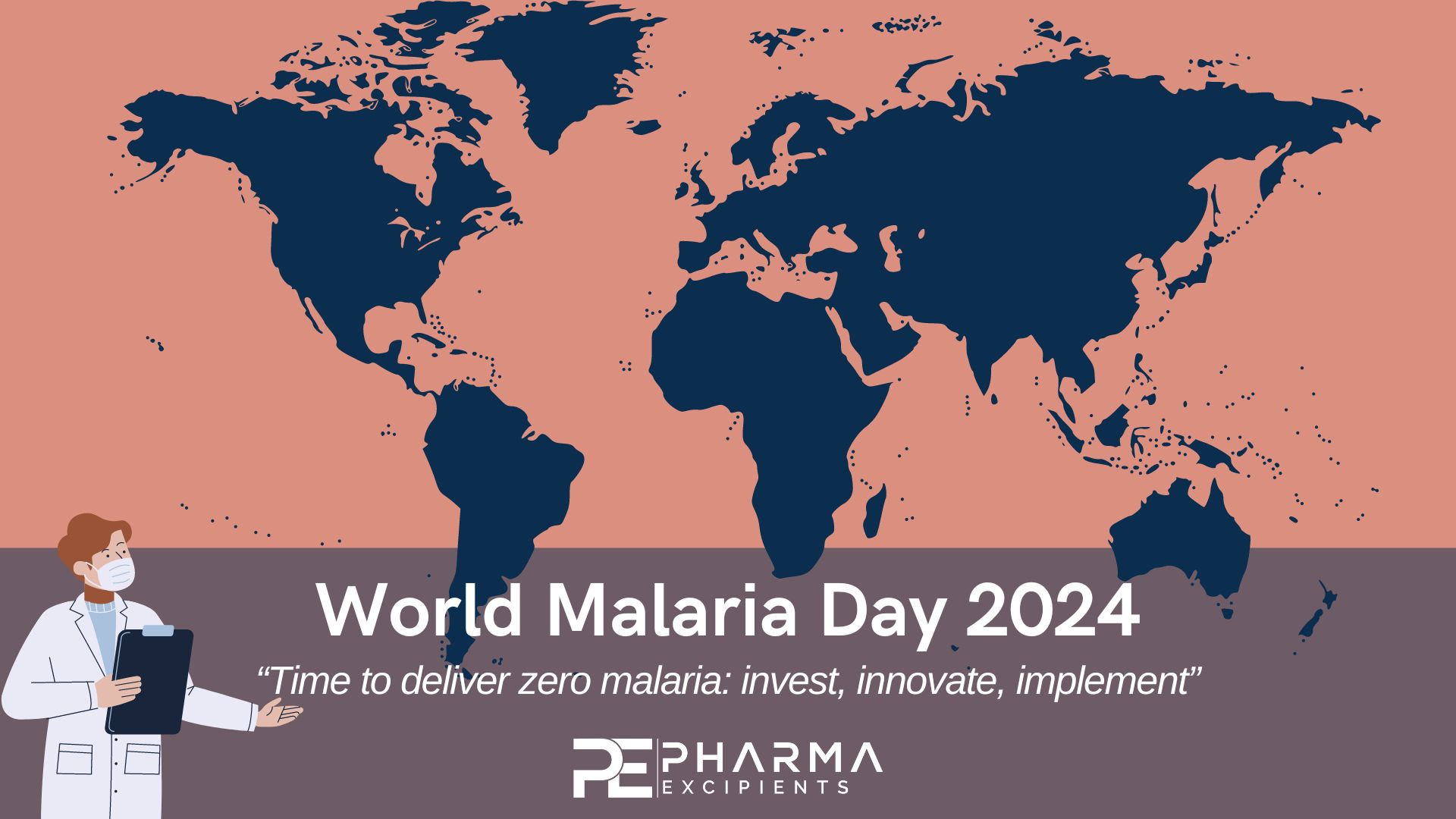25th April 2024, worldwide.
Through its 2024 theme “Time to deliver zero malaria: invest, innovate, implement”, the World Health Organization will focus on the third “i” – implementation. In particular, it will highlight the importance of reaching marginalized populations (e.g. regions across the Western Pacific) with the tools and strategies available today.
World Malaria Day, marked each year on 25 April, is an occasion to highlight the global efforts to end malaria and the need for sustained political commitment and continued investment for malaria control and elimination.
1. Invest:
The funding gap between the resources needed and invested in malaria control worldwide continues to widen, especially in the last 3 years. According to the WHO’s 2022 World Malaria Report, 3.5 billion of the 7.5 billion needed has been provided in 2021. Given the changing economic environment, the funding space for malaria control has become more and more challenging. In this environment of resource scarcity, a more targeted use of available funds is essential. Funding should be prioritized for the highest-risk populations, who have less access to services and are most affected when they become sick. Adequate and predictable funding is essential for sustained progress in malaria control.
2. Innovate:
Investment in innovation, research and development has played a critical role in reducing the global malaria burden in recent years.
Since 2000, The development and massive scale-up of rapid diagnostic tests (RDTs), insecticide-treated nets (ITNs) and artemisinin-based combination therapies (ACTs) have been the backbone of malaria control . Continued investment in the development and deployment of next-generation tools is key to achieving the 2030 global malaria targets.
3. Implement:
Malaria-affected countries and their partners are urged to use the tools and strategies recommended by WHO that are now available to all those at risk of malaria. According to the latest World Malaria Report, countries have made some progress in expanding access to malaria services for the most vulnerable populations. Still, too many people at high risk of malaria do not have access to the services they need to prevent, detect, and treat the disease. Challenges in expanding access to malaria care have been exacerbated, particularly in sub-Saharan Africa, by the ongoing COVID-19 pandemic, converging humanitarian crises, limited financial resources, weak surveillance systems, and declining effectiveness of key malaria control tools. WHO recently released new guidance, strategies, and frameworks to address these challenges and help countries build more resilient malaria programs. WHO has also improved the transparency, flexibility, and accessibility of its malaria recommendations.
Location: Worldwide For more information and detailed program visit the website.
Date: 25th April 2024
Published in GI-Mail 04/2024 (English edition).
- Do you already know our monthly newsletter GI-Mail with useful tips on postgraduate courses?
Sign up here. - Are you looking for vacancies or new career challenges? Here you will find the latest vacancies and job offers.
- Do you already know our monthly job-information GI-Jobs with current job offers for doctors, managers and nurses? Sign up here.
- Are you interested in up to date postgraduate courses and CME? In our education database »medicine & health« you will find new education events from over 2300 organizers.

